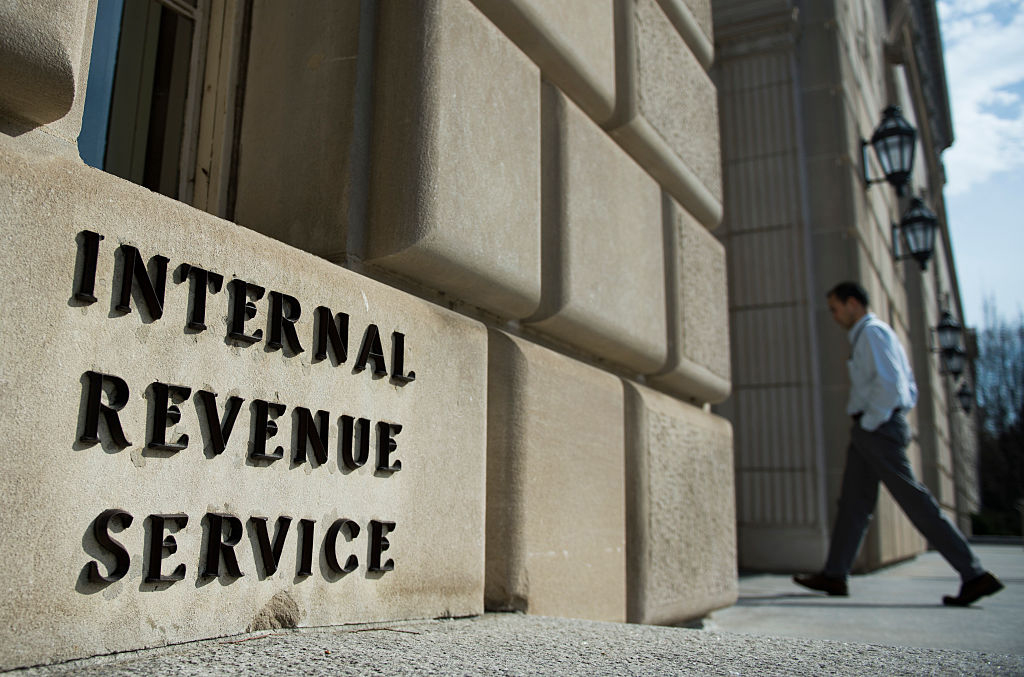A U.S. federal court has upheld a $165,000 penalty against a Toronto man for not filing forms reporting his Canadian business on his U.S. tax returns.

Donald Dewees, a 76-year-old U.S. citizen, has been living in Canada since 1971. He had been paying taxes in Canada, but not filing U.S. tax returns, which U.S. law required him to do.
His lawyer, Mark Feigenbaum, calls it “a rule that a lot of people don’t know about.”
“He came to me when he learned of the obligation,” Feigenbaum says. “I do about 100 people a year who haven’t filed before in the U.S. and didn’t know they had to.”
Dewees turned out not to owe any tax to the U.S. when he filed American tax returns going back several years in 2009, but the IRS charged him a penalty for not filing a form related to reporting his consulting business. From the IRS’s point of view it was a “foreign corporation,” and complex reporting rules applied.
The penalty came to US$10,000 for each year the form should have been filed, for a total of US$120,000. With interest, that came to US$134,116, or $165,923.
“I think $120,000 for not filing a piece of paper is astronomical, personally,” Feigenbaum says. “I did a case where somebody didn’t file another form where they were assessed a penalty over $1 million for not filing the form. There was no tax on the form.”
Dewees referred questions to Feigenbaum.
Reporting penalties exist in Canada in cases where no tax is owing, but they usually cap out at about $2,500, Feigenbaum says.
Despite having lived in Canada for 46 years, Dewees never became a dual citizen. That meant that the CRA would collect the fine on the IRS’s behalf under the U.S.-Canadian tax treaty, which it wouldn’t have done if Dewees had been Canadian.
In 2015, it did, withholding his tax refund. Dewees paid the CRA the fine, the CRA passed it on to the IRS.
“There’s a provision in the U.S.-Canada tax treaty that allows the U.S. to go to the CRA and get them to collect it for them,” Feigenbaum says.”There is no right of appeal. Canada is going to take the money and you can’t argue, you can’t do anything about it.”
The only appeal is to the U.S. courts.
Dewees sued the U.S. federal government, claiming that the fine was excessive. In August, a judge in Washington ruled against him in August, saying that a clause in the U.S. constitution barring ‘excessive fines’ doesn’t apply in tax cases.
He plans to appeal.
There are about 180,000 U.S.-born people living in Canada who aren’t Canadian citizens.
While U.S.-only citizens in Canada are more vulnerable, it isn’t a good idea for duals to completely ignore the IRS, cautions Toronto-based cross-border accountant Kevyn Nightingale. Over time, they could become vulnerable through being left money by Americans, trying to leave money to Americans, or crossing the border, for example.
“Saying ‘I’m going to thumb my nose at the IRS’ is a dangerous game in many ways,” he warns.


Comments